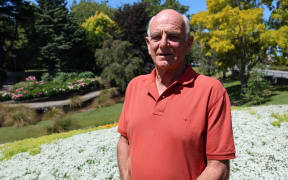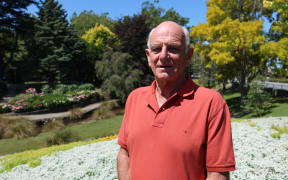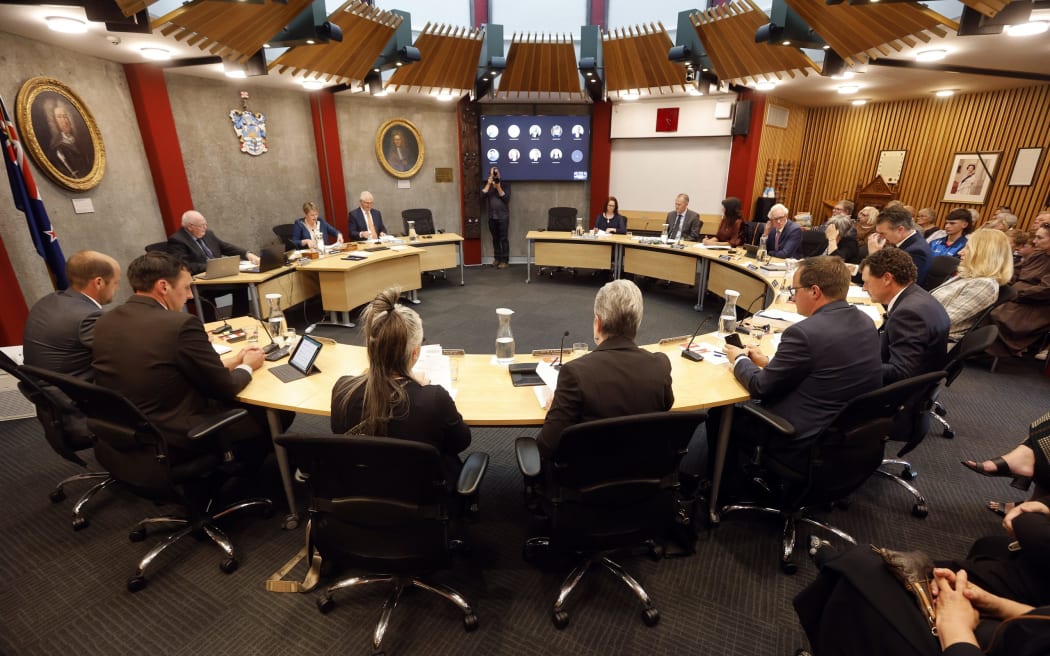
Marlborough's council could not agree on whether to introduce a $40 an hour time travel allowance. Photo: Stuff / Anthony Phelps
Marlborough's councillors are divided about whether to introduce a travel time allowance - with one saying approving it will "look bad".
The allowance, at $40 per hour after the first hour of travel, is set by the Remuneration Authority. The policy, which is not available to the mayor, has not been implemented in Marlborough before.
But at the last full council meeting of the year when the council approved remuneration set by the authority for the coming year, it also weighed up whether to introduce the time travel allowance.
The base salary for a councillor with no added responsibility was approved at $40,250.
The deputy mayor would receive an additional $15,333 bringing their salary to $55,583, two councillors would receive an extra $10,000 for chairing a committee, one councillor would receive an extra $4500 for chairing a statutory joint committee and two deputy chairs of committees would receive an extra $3000.

The mayor's annual remuneration was $149,909.
Marlborough Sounds ward councillor Barbara Faulls, who lived in Linkwater, said in 2019 when the council talked to the same thing, she in her "naivety" was happy with just a vehicle mileage allowance.
That mileage allowance is for travel on council business, at 83 cents per kilometre for the first 14,000km each year and 31 cents per km thereafter.
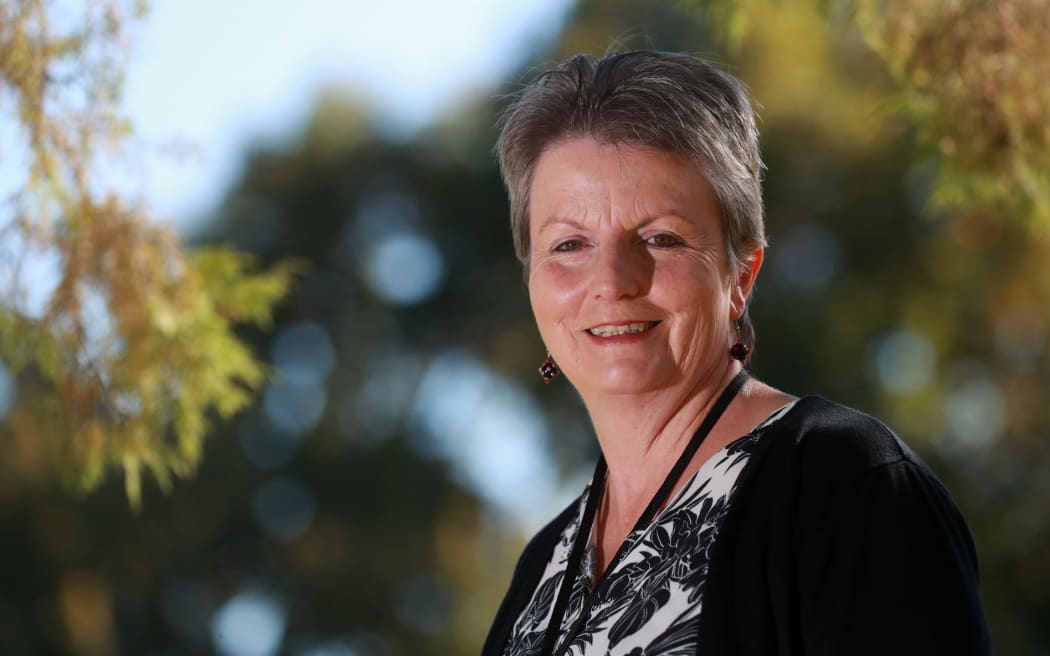
Marlborough Sounds ward councillor Barbara Faulls said the amount of work they put in as councillors worked out to be less than minimum wage. Photo: Supplied / Stuff via LDR
Councillors who lived in the Blenheim ward could not claim the mileage allowance for "day-to-day" travel to the council's building.
Faulls said if she, or the other Marlborough Sounds ward councillors had to travel somewhere such as French Pass, it could take up to three hours one way.
"When I work out how many hours I personally do each week, it works out to be less than the minimum wage as a councillor."
The day before, she and councillor Scott Adams had travelled to Waitaria Bay for a meeting which was a big time commitment, and she had to pay someone to replace her in her business for that time.
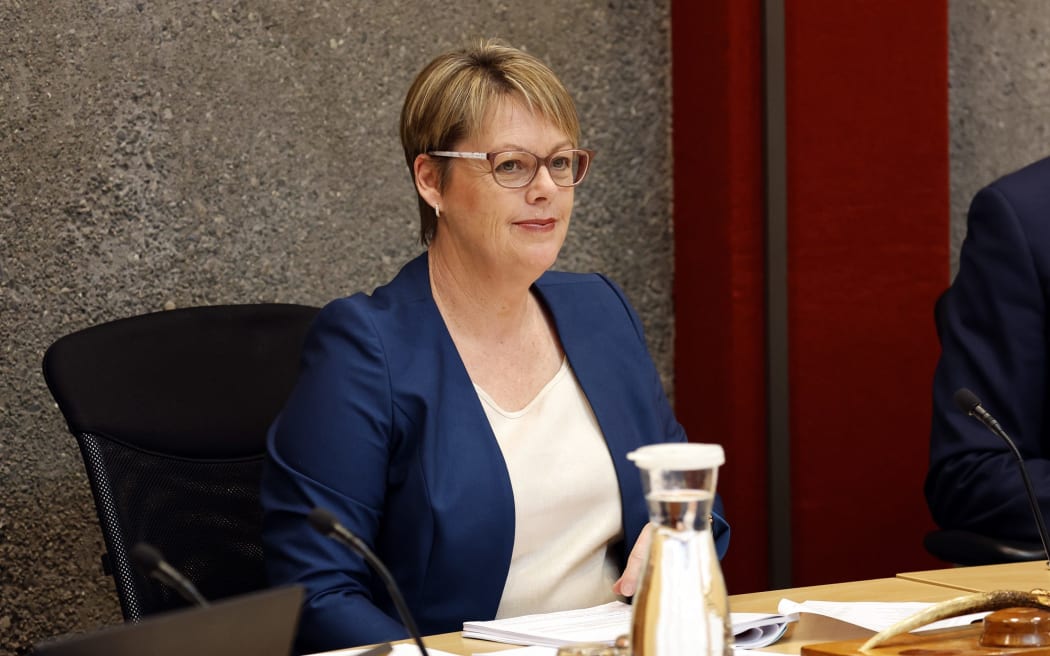
Marlborough mayor Nadine Taylor suggested they revisit the matter next year, during the annual plan. Photo: Stuff / Anthony Phelps
Marlborough mayor Nadine Taylor suggested the matter be taken to the annual plan process next year, so a paper could be developed to weigh up its pros and cons and costings could be drawn up.
But Wairau-Awatere ward councillor Gerald Hope, while suggesting he was happy to move that recommendation, thought it was a "stretch too far" to claim an hourly rate for travel.
"But I think we need to be clear councillors, it does not look good," Hope said.
"We are paid as elected members, on top of that, you are putting out there that you're going to be asking for an additional hourly rate. That is not going to be well received by the community. Kill it."
Councillor Brian Dawson disagreed with Hope.
"There is quite a disparity between work load and travel time, we have the luxury in Blenheim of a very confined space, doing very little travelling.
"In the rural and Sounds wards, there is a lot of travel."
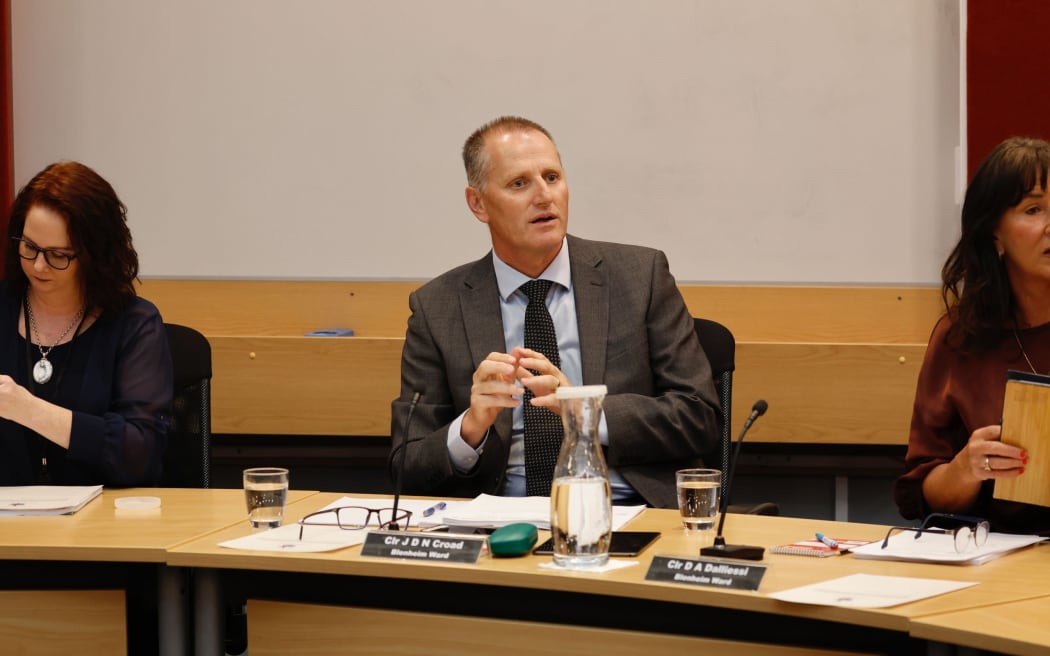
Marlborough deputy mayor David Croad said he could not vote to approve something they did not understand the cost of. Photo: Stuff / Anthony Phelps
Meanwhile, deputy mayor David Croad said he could not vote to approve something they did not understand the cost of, and agreed it should be referred to the annual plan process.
The council agreed to this, and also agreed to its remuneration for the term, which was first discussed at an extraordinary meeting last month.
The Remuneration Authority had set a $12,000 increase in the amount of money available to divvy up in councillors wages, at $609,333.
At the extraordinary meeting, council democratic services manager Mike Porter said it "sounds like a lot" but when divided by 14 people "it's not very much".
The communications allowance for councillors, also set by the authority, had increased from $400 a year to $800. It was up to members to claim that allowance which did not always happen.
Local Democracy Reporting is Public Interest Journalism funded through NZ On Air
